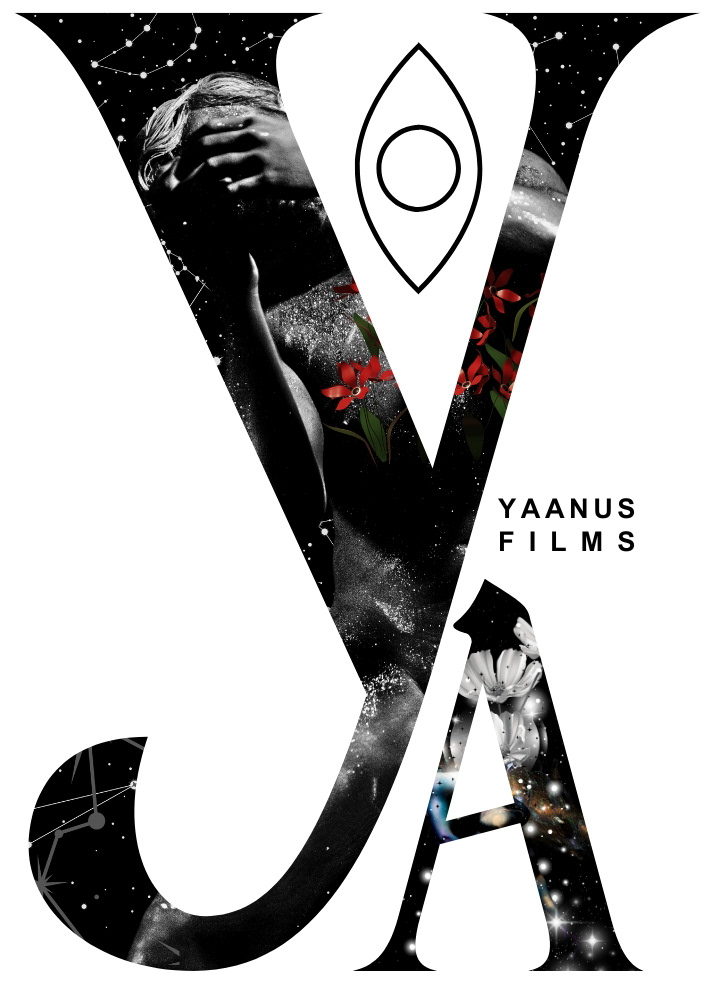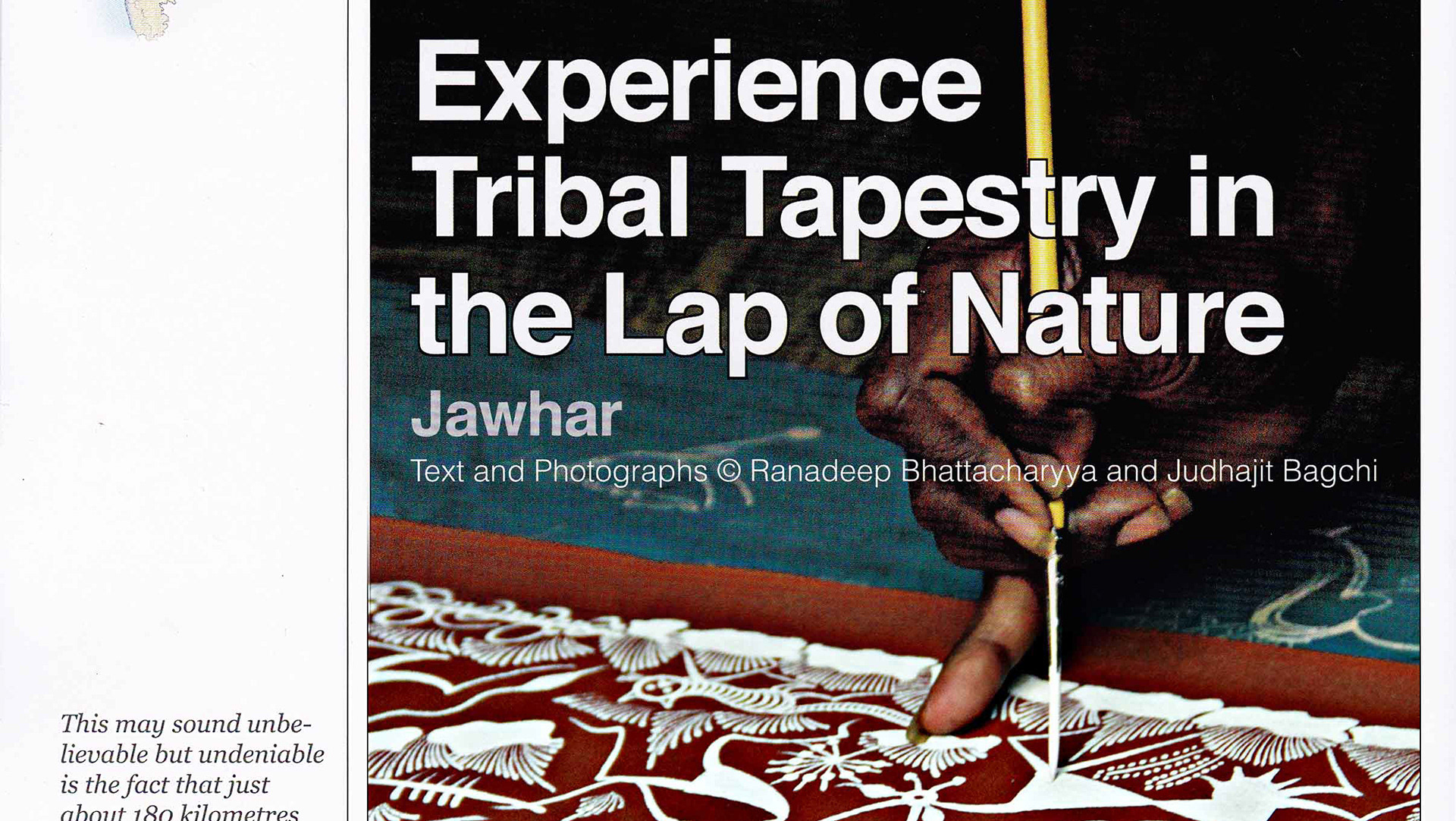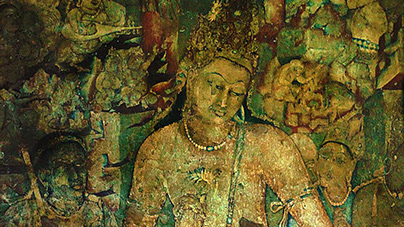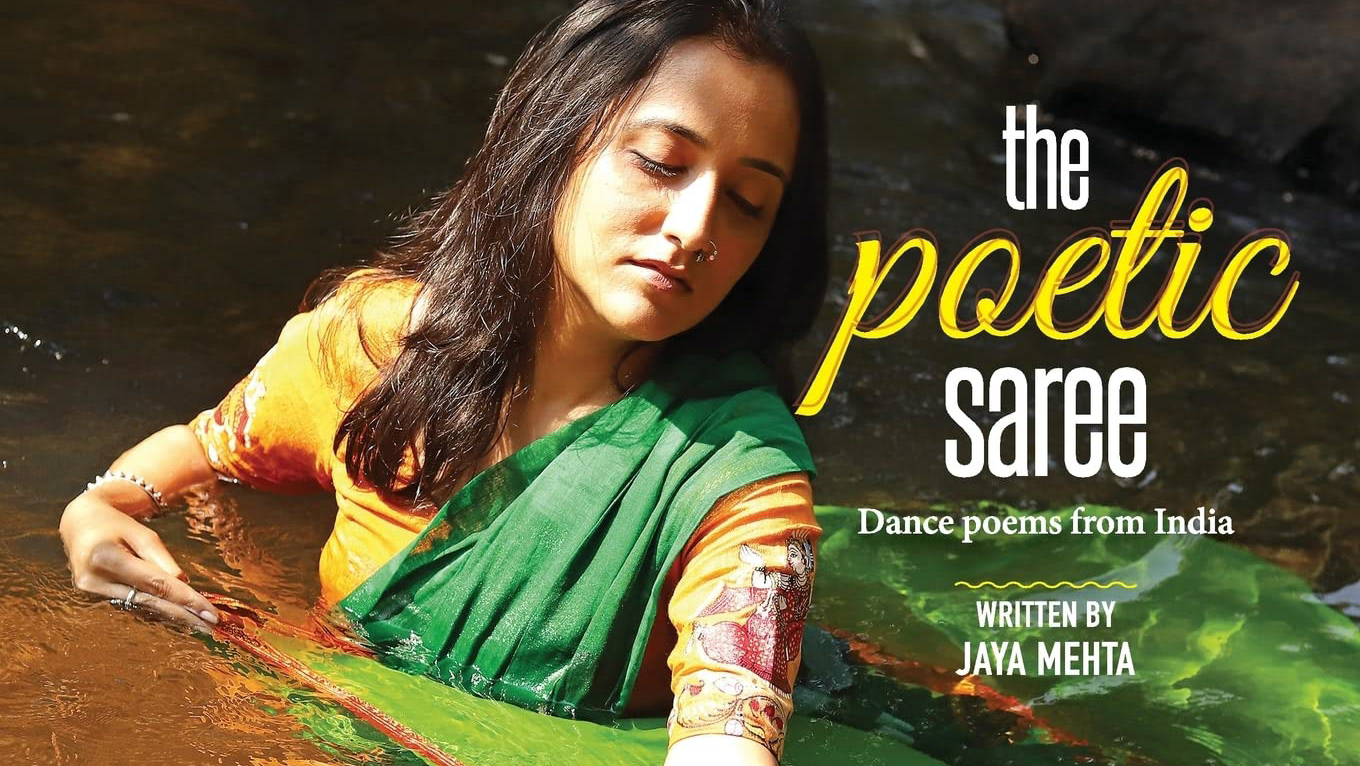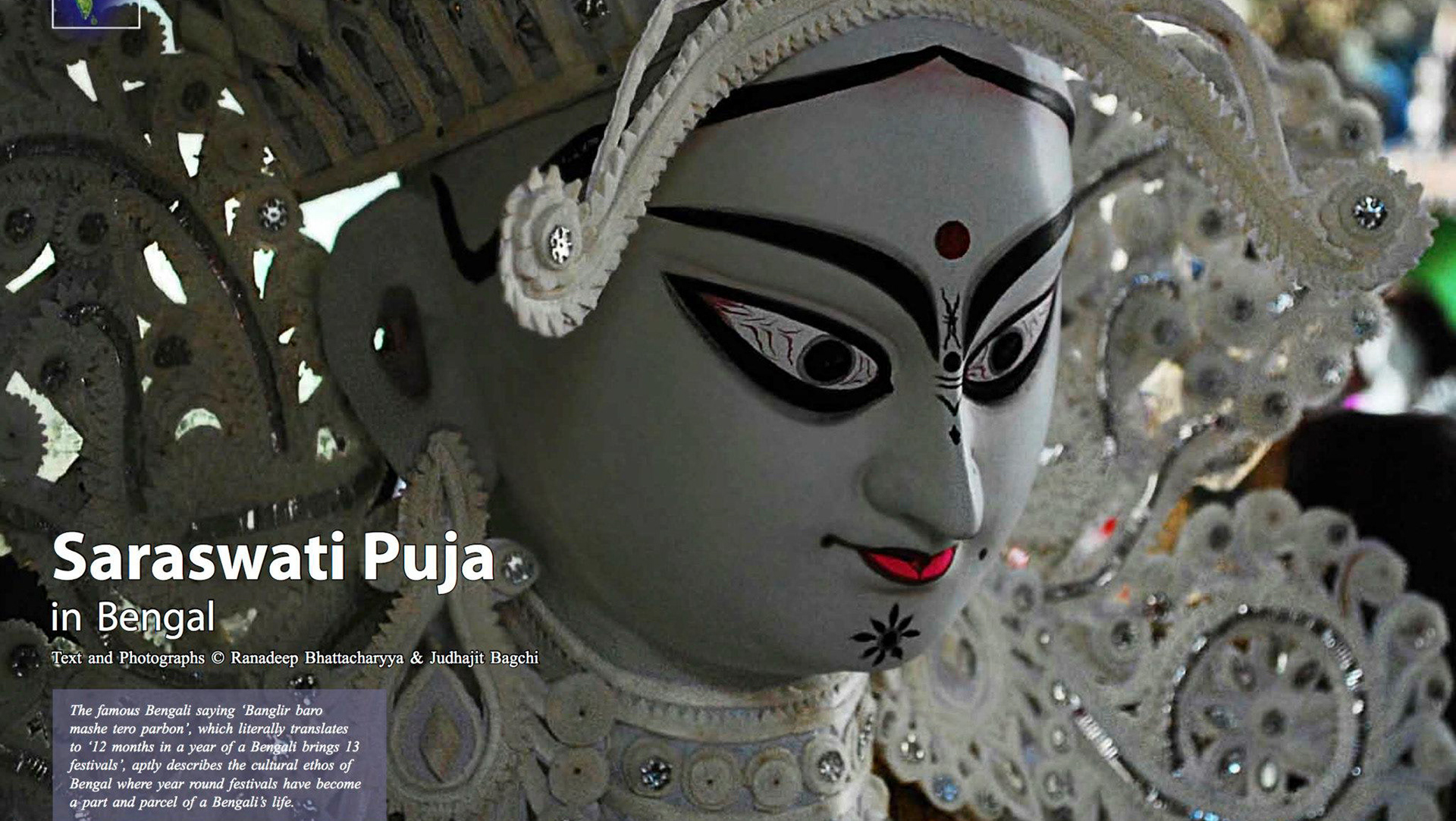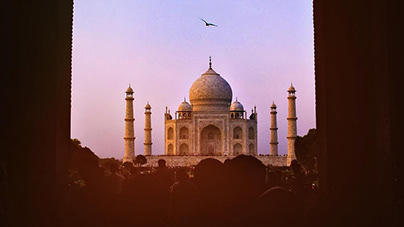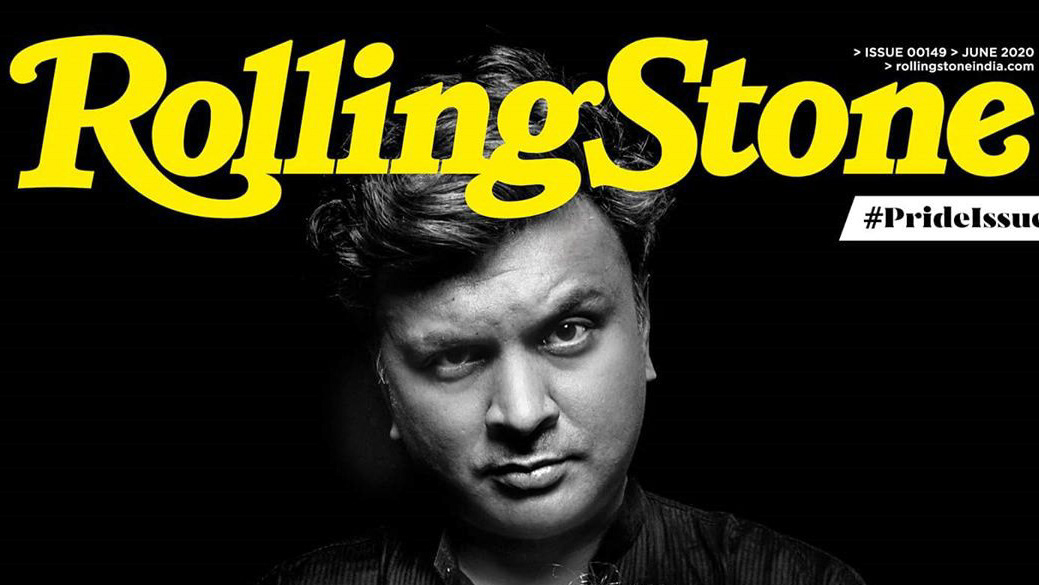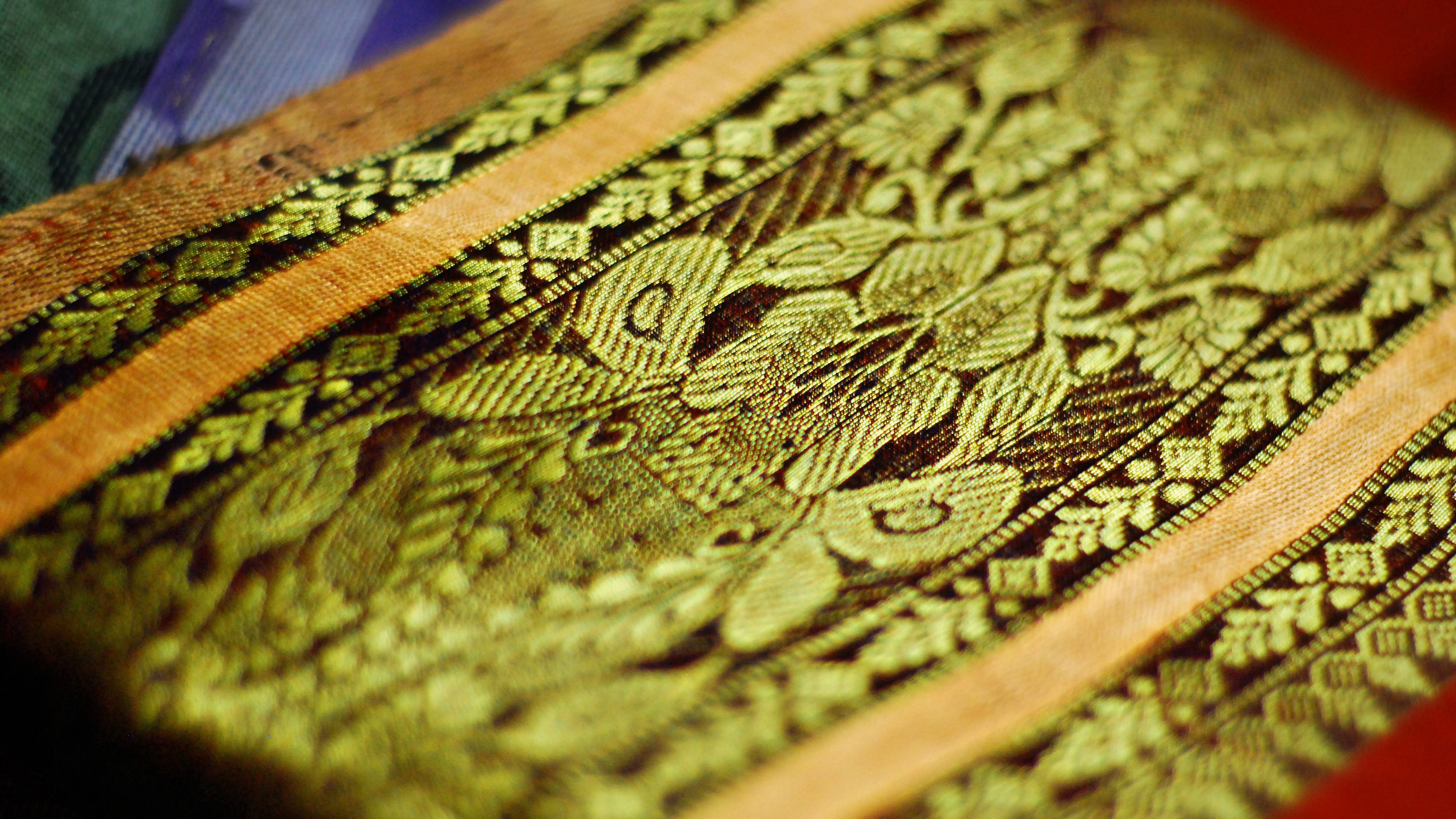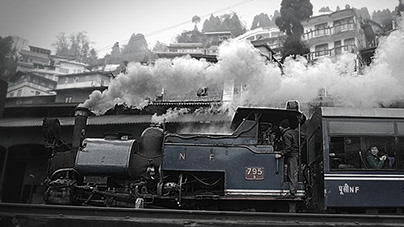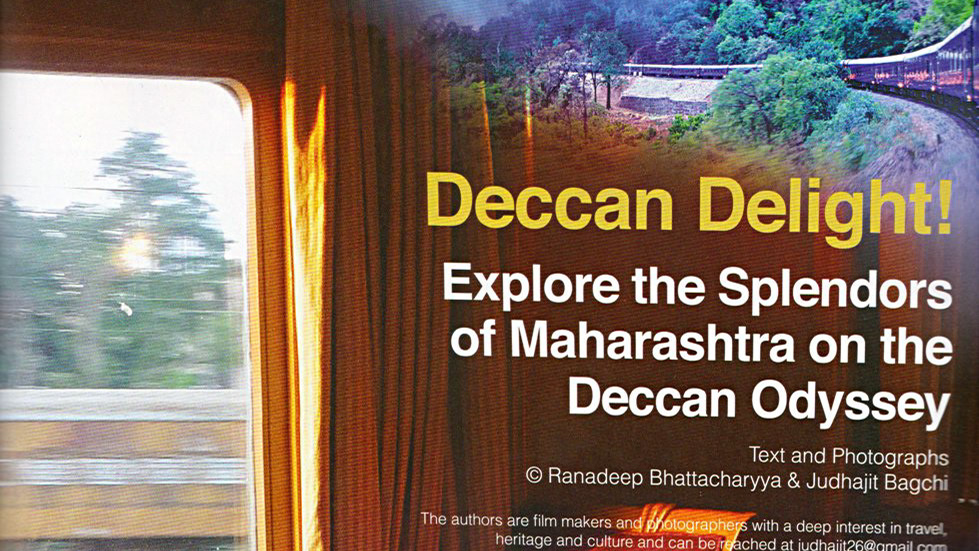"The Show Must Go On : Prithvi Theatre"
Article by
Ranadeep Bhattacharyya & Judhajit Bagchi
Photographs by
Ranadeep Bhattacharyya & Judhajit Bagchi,
Prithvi Archives and Shashi Kapoor's 'The Prithviwallahs'
Oct - Dec 2014 Issue4
Article: Prithvi Theatre: The Show Must Go On!
by
Ranadeep Bhattacharyya & Judhajit Bagchi
The Mumbaikars have a special privilege than people living in any other metros of India and that is they can chose to watch a play at any day of the year. Thanks to the institution called Prithvi Theatre, which has been a catalyst for a vibrant theatre culture in India since its inception in 1978. Set in the Juhu, the heart of Mumbai's suburbs, the theatre with its open-air cafe is a warm, inviting space, a relaxed hangout and a vital breathing space in the bustling city of Mumbai.
Today, Prithvi Theatre has performances from Tuesday to Sunday every week (being closed only on Monday for maintenance and Technical Rehearsal), through the year with over 550 shows a year and an average audience attendance of 80%. There are plays primarily in Hindi, English, Marathi Gujarati and Urdu. Ticket prices vary from Rs 100 to Rs 350. Regular show timings are 6 pm & 9pm, though groups sometimes opt for other times.
Prithvi Theatre is a subsidiary of the Shri Prithviraj Kapoor Memorial Trust & Research Foundation, set up in 1975 in the memory of Prithviraj Kapoor, to promote professional theatre, Hindi Theatre primarily, by providing and managing a well-equipped Theatre space at very reasonable costs, with all technical facilities. It is a completely non-profit entity depending on the patronage of individuals and Corporates committed to the development of the performing and fine arts.
The Passionate World of Prithviraj Kapoor: The Man behind Prithvi Theatre
On 15th January 1944, Prithviraj Kapoor, one of the biggest film stars of India, at the peak of his career decided to pursue his long cherished passion for theatre by formally establishing Prithvi Theatres at Dhuru hall in Dadar. The entire Kapoor clan graced the occasion dressed in white. As Deepa Ghalot, the author of “The Prithviwallahas” aptly puts it, “nobody could have known then that this moment was to mark the beginning of many undying friendships and loyal relationships, of bonhomie and outstanding careers, and of a nomadic way of life that would be as tough as it would be fulfilling.
Prithvi Theatre’s first play the magnum opus 'Shakuntala', with Raj Kapoor as the stage manager and Shammi Kapoor and Sashi Kapoor playing smaller roles premiered at the Royal Opera Theatre in 1945 to great reviews.
After Shakuntala, Prithviraj Kapoor made it a point that all the plays henceforth would be original narratives born out of the times so that people would be treated to socially relevant theatre; a culture that was non-existent till then. So followed a long list of plays written by stalwarts like Anand and Ramesh Siagal, Lal Chand Bismil, etc. which immediately struck a chord with the audiences.
◦ Deewar (1946) used the metaphor of a joint family to celebrate the idea of undivided India. The play was a warning to a nation under the looming threat of partition.
◦ Pathan (1947) clarified the common misconception of Pathans as either darwans (gatekeepers) or soodkhors (loan sharks), and simultaneously, underlines Hindu-Muslim harmony.
◦ Ghaddar (1948) underlined the bitter irony faced by Indian Muslims in the post-partition era, who were called Pakistanis in and traitors in.
◦ Ahooti (1949), set in refugee camps, set out to address the enormity of the human tragedy that the Partition spawned.
◦ Kalakar (1951) pitted the fast developing urban against idyllic rural life in a subtle plea against destructive development.
◦ Paisa (1953) responded to the rampant commercialization of the times.
◦ Kisaan (1956) focused on the feudal hierarchy still prevalent in Indian villages even after independence.
This was theatre history in the making as stars were born and legends created. Uzra Mumtaz, her sister Zohra Segal, Prithviraj’s cousins Premnath and Rajindranath, Sajjan, Mohan Segal, L.V.Prasad and the young Kapoors – Raj, Shammi & Sashi made sterling appearances on the Prithvi stage.
The acting style was very different from the high-emotion exaggerated melodrama of the commercial theatre prevalent at that time. It was a more naturalistic style of acting that Prithviraj Kapoor was perhaps inspired by from the Hollywood films that he avidly watched. Shombhu Mitra reminiscences in his book 'Prithviraj o Natyamanch' that as a result of Prithvi Theatres, a fresh new tradition of acting developed where when one listens to the actors one feels the lines are being thought of and spoken then and there, not that they are a part of a pre-written script. That was in fact the magic of Prithvi Theatres- where everything seemed alive!
Geoffrey Kendal, who along with his wife Laura and daughter Jennifer (who later got married to Sashi Kapoor) ran his English Theatre company Shakespearana in the 1950s rightly says that Prithviraj Kapoor’s greatest contribution was pioneering a professional Hindustani Theatre in the form of Prithvi Theatres in an otherwise ‘theaterless land’ which till then consisted of small travelling folk theatre groups and some Parsi theatre where people engaged in theatre as a hobby and not as a profession.
Prithviraj Kapoor was like the old-time British English actor-managers who nurtured the theatre as a father figure, even at times putting his remuneration from films into keeping the theatre going. He played the lead in every single show, which meant an average of a show every third day. The company travelled third class and this included Prithviraj himself, even during the years when he was entitled to air or first class travel as a nominated Member of Parliament.
Over the next 16 years, Prithviraj Kapoor’s repertory toured the entire length and breadth of the country taking Hindi theater to the common man’s doorstep, giving one remarkable performance after another- a total of 2662 performances over 5982 days in 112 places! Founded by a man who believed theatre was worship, and who would lose his voice while perfecting his art, Prithvi Theatres ultimately closed down in May 1960 when Prithviraj Kapoor fell ill.
The early foundations of Prithvi Theatre
Since in all its functional years Prithvi Theatres never had a base- a theatre with good acoustics, backstage arrangements, proper lighting and make-up rooms, it was Prithviraj Kapoor’s dream that he would have a small theatre of his own some day. It would be almost like having a 'home' for his repertory theatre company.
In 1962, Prithviraj Kapoor leased 2 plots of land in the then quaint Janki Kutir area in Juhu from the owner Ram Krishna Bajaj for 10 years. On one plot he built a small homely cottage for himself which was famously called the Prithvi Jhopda and remained as it is till 2000 when a multistoried building replaced it. The Prithvi Jhopda used to be a meeting ground for actors and old technicians and ex-Prithvi Theatres troupers. On the other he erected a shed where the properties of Prithvi Theatres was to be stored with an intention to erect a permanent theatre here in near future. Surprisingly, in 1972 along with the lapse of the ten year lease of the Prithvi plots, Prithviraj Kapoor also passed away in the same year bringing an end to an era of Hindi theatre in India.
Prithviraj Kapoor was a visionary and a dreamer of epic proportions. He had once mentioned to Zohra Segal that he purposefully named his company Prithvi Theatres in plural as it was his secret dream to have a theatre in every town of India! But alas his dream could not be fulfilled in his lifetime.
His youngest son Shashi and daughter-in-law Jennifer, both having worked in theatre from childhood, shared a deep passion for the medium, and a great respect for Prithviraj's dream for building a permanent theatre apace. Hence, they bought the two plots at Janki Kutir and set up the Prithviraj Kapoor Memorial Trust in 1974 with a vision of promoting the performing arts. Shashi Kapoor with the help of his film industry friends started raising funds for the Prithvi Trust to help in the building of the theater. Those were the days were stars came together for a cause and not for money. So along with Amitabh Bachchan, Rekha, Randhir Kapoor, Shekar Kapur, Shabana Azmi, Mohammed Rafi, Hemanta Kumar and Sulkashana Pandit, he performed at a “Star Nite” event in Siliguri in West Bengal and was able to raise funds for the Prithvi Theatre project. To think of it, this may well have started the trend of star shows that are such a rage today.
Shashi Kapoor was at the busiest phase of his film career at that time and it was clear to him that his earnings from cinema had to be put into making of the theatre. Hence he gave the entire responsibility of realizing his father’s dream to his wife Jenifer and asked her to nurture the project as her own baby. There could have been no better person to carry on this responsibility that Jenifer herself. Kunal Kapoor, Shashi Kappor’s eldest son who now looks after the events of Prithvi Theatre voluntarily says, “My parents wanted to build a professional theatre in such a way that it would attract and encourage people to get involved with theater; a space where the intimate and compelling actor-audience relationship could be rediscovered. For my mother, Prithvi Theatre was her fourth child. She not only created it but nursed it as well. ”
Both Jennifer and Shashi Kapoor had performed across India in the worst of conditions and hence from their experience they exactly knew what they needed the Prithvi Theatre to be from an actor’s point of view. The question was who would execute the same.
Enter Ved Segan, the young enthusiastic architect who had just finished designing actress Rakhee’s home which Jennifer and Shashi found very impressive. They took him on board and sent him on a tour of theatres in England and Europe - to study theatre spaces, and to watch shows in them to get a better understanding of the function the space was supposed to serve. Kunal Kapoor who was studying in London at that time was given the responsibility of taking Ved around to all the Opera houses.
Ved returned and worked closely with Jennifer Kapoor to construct the Prithvi Theatre - and succeeded in building a charmingly intimate space with a pervasive feel of theatre. When it was finally ready, the 225-seater Prithvi Theatre, with its octagonal thrust stage – a stage that jutted out into the audience, with seating on three sides, had perfect acoustics. Even a whisper could be heard in the last row!
The Birth of Prithvi Theatre
On 5th November 1978, the curtain rose on G. P. Deshpande’s Uddhwastha Dharmashala, directed by Om Puri and Prithvi Theatres, the travellign theatre company of Prithviraj Kapoor was reborn as Prithvi Theatre, the building that today has become a landmark in Mumbai.
Prithvi Theatre has over the years become a focal point for thousands of theatre lovers. The passion that drove Prithviraj Kapoor continues to inspire one hallmark performance after another from actors and directors like Naseeruddin Shah, Nadira Zaheer Babbar, Feroz Khan, Dinesh Thakur, Makrand Deshpande and a host of young enthusiast who form the galaxy of stars in the world of theatre.
Prithvi’s Initial years of Struggle to Survive
The initial years of Prithvi Theatre were by no means easy. Due to the growth and popularity of Hindi cinema there were few that appreciated Hindi theatre - audiences had to be wooed and cajoled to Prithvi, where amateurs strove to provide a healthy form of live entertainment. It was in fact Jennifer Kapoor and her manger Dharamsey Merchant’s support to the groups that was responsible for the eventual success of Prithvi Theater. For its part, the Theatre sold tickets at a rate the audience could afford. At the same time, it provided professional assistance and up-to date technical facilities to performing companies, charging a rent of only Rs. 1 per ticket sold. In this way it managed to nurture and promote a number of young theatre companies like Majma formed by NSD students, Theatre Aparna of Sunil Shanbagh, Motley of Naseeruddin Shah, Ansh of Makrand Deshpande etc.
Eventually Prithvi became a nesting place for struggling actors hoping to be discovered by filmmakers. Directors like Shyam Benegal and Govind Nihalni picked a lot of actors from the Prithvi stage. While Naseeruddin Shah bagged his seminal comic role in Jaane Bhi Do Yaaron from Kundan Shah, Mahesh Bhatt offered Anupam Kher his debut role as an old man in Saaransh after watching his play Desire Under the Elms. ‘Even today, every actor dreams to perform at least once in Prithivi Theatre. That’s the brand value Prithivi has created for itself over the years as a place of professional performance,” exclaims Kunal Kapoor.
In the beginning Prithvi did not have a café. It was around 1981 that Prahlad Kakar, who went on to become India’s ace ad-filmmaker, offered to run the Prithvi Café on the lines of Joe Allen chain of theatre restaurants in Broadway and London. The café with its Irish coffee and nice music was an instant hit and eventually it became quite a fashion for celebrities like Neena Gupta to cook and serve at the café. As actor Ila Arun puts it, soon Prithvi seemed like a ‘home’ where one could just hang around and seep themselves into the creative energy.
The beauty of Prithvi Theatre right from its inception has been that it has always made itself available to the artist community to come and share their ideas and together make Prithvi a constantly evolving creative space. The Kapoors might have started it, but that was just the building of the structure. Like a true host they have opened Prithvi’s doors to the people, who now carry the onus of Prithvi on their shoulders with equal passion and zeal. Like artist Tyeb Mehata and his wife Sakina who came ahead and opened a small art gallery in Prithvi’s foyer along with a book shop way back in 1980. Though it was closed after he shifted to Shantiniketan, the bookshop was revived again in 1990s when Sanjana Kapoor took charge of Prithvi Theatre.
Jennifer Kapoor organized the first Prithvi Theatre Festival in 1983 with the help of Feroz Khan and Kunal Kapoor. Since then the Festival has become the annual calendar event for theatre enthusiasts across India as Prithvi celebrates theatre in tis myriad forms – local, national, international, exploring new idioms, old traditions, new forms, cross-currents and presenting quality performances at multiple venues and cities. Geoffrey and Laura Kendal were also part of the 1st Prithvi Theatre Festival in 1983, and then again in the 2nd Prithvi Festival in 1985.
Prithvi Theatre Post Jennifer Kapoor’s Death
After the sad demise of Jennifer Kapoor in 1984, it was rumored that Prithvi Theatre will close down but the persistent attitude of Kunal Kapoor, Feroz Khan and Sanjana Kapoor has till date efficiently kept the ‘show on’ at Prithvi. Over the years, the lights of Prithvi Theatre has only shined brighter with Sanjana Kapoor taking over the reigns of Prithvi in her hand and expanding Prithviraj Kapoor Memorial Trust and Research Foundation's activities into the founding of the Prithvi Players, Prithvi's production company; a concentration of theatre activities for children, the founding of the Little Prithvi Players, a production company for children's theatre; establishing the Prithvi Gallery; a unique exhibition space for the contemporary art, seeking to generate a wider awareness and appreciation for the fine arts.
Mandira Bahl whose photography exhibition “The Magic of Prithvi” was recently held in the Prithvi Gallery feels that people like her who really love Prithvi, have become a part of a cult, which is Prithvi. Be it an actor, artist, writer or just any other person, everyone does contribute to the growth and development of Prithvi through their work or sheer love for the theatre. People are coming forward to take the legacy forward in terms of their contributions either individually or as a part of a group.
Prithvi, in its endeavour to promote and develop Professional Performing Arts has been consistently mobilizing and extending its resources to programmes every month that contribute to the development of various disciplines involved in Theatre. The spectrum of these events are as diverse as out of academic discussion like Chai and Why in association with TIFR (Tata Institute of Fundamental Research) to film screenings partnered with Vikap and Alliance Francaise or the renowned Thespo to promote Youth Theatre on Prithvi’s stage. After all, great theatre is about challenging how we think and encouraging us to fantasize about a world we aspire to live in.
Today, 36 years after its inception, Prithvi Theatre has truly attained the reputation of being a leading cultural organization both in India and abroad. Prithvi Theatre was born of a love and passion for theatre and it continues to thrive on the patronage and good wishes of its actors and its audiences
Stalwarts Speak on Prithvi Theatre
Zakir Hussain (Musician): I consider myself a Prithviwallah. An artist always looks for the venue, which allows him or her to be especially intimate with the audience almost in lap of audience to be able to feel their heartbeat, and the acoustics of Prithvi make the entire musical performance an intimate exchange as it happens between two close friends. I thank god that Jennifer thought of this place. It should be nurtured, supported and replicated in other cities of India.
Nadira Babbar (Theatre Actor & Professional): Prithvi is like a second home to me. The most beautiful thing about Prithvi is that it has a feel and a texture where culture lives. It’s so strange that in comparison to all this big theatres we have in Mumbai and all over the country which can accommodate from 2000 to 15000 they have not be able to create so many fantastic theatre people, theatre groups, fantastic actors and enthusiasts to bring them back to respect live art and to respect theatre.
Sunil Shanbagh (Actor, Playwright and Director): Prithvi is home turf for us. I have been part of Prithvi’s history in a sense ‘been here’ ‘lived here’ ‘done’ most of my productions here. Even today when I design a production, quite unconsciously I design it for Prithvi!
Naseeruddin Shah (Actor & Founder of Motley Theatre Company): The great thing about Prithvi is it has made theatre going a habit for people and that is something we badly need. Prithvi has more than done its bit in creating and sustaining theatre awareness theatre activities by youngster who don’t get platform elsewhere and tremendous amount of encouragement right from Jennifer and Shashi Kapoor in the initial days to Sanjana and Kunal at present. May the spirit continue forever.
Nandita Das (Actor): Prithvi is like a Mecca in the city for anybody who wants to get stimulated in the mind who wants to meet interesting people, who wants to be touched by something, who wants to just let their hair down! Whatever you call it anybody who has an iota of anything that is artistic, aesthetic, or soulful would want to come here.
Makrand Deshpande (Actor, Playwright and Director): I would say that I am a complete product of Prithvi Theatre.
Ratna Pathak Shah (Actor): Prithvi is a theatre that is tiny and intimate. A Theatre meant for actors to try out things and do new things. The bottom line is that Prithvi is interested in encouraging the entire paraphernalia of theatre, pushing the boundaries of what is possible in theatre.
Getting there:
Prithvi Theatre is centrally located in the heart of the Mumbai Suburbs in Juhu. The Theatre is itself a landmark in Mumbai which is very well connected with rail and road network.
By Air: Mumbai Chattrapati International Airport is just 20 minutes away from Prithvi Theatre.
By Rail: The nearest railhead on the Mumbai Suburban Western Line is Vile Parle from which buses and auto rickshaws regularly ply to Juhu. If you are travelling from the eastern suburbs of Mumbai, then you can take the Ghatkopar-Versova Metro railway and get down at D. N. Nagar Station and from there take a bus or auto to Prithvi Theatre.
By Road: Prithvi Theatre is right near Tulip Star Hotel in Juhu. BST Buses plying to Juhu, Versova, Oshiwara and Goregaon West from across the city have their respective stops near Prithvi Theatre.
Travel tips:
1. There are no seat numbers assigned in Prithvi. Seats are on the first-come-first-serve basis. Its better to reach 15 minutes prior to the play and stand in the queue to have better seats. Prithvi Theatre was built on the principle of deep respect for the performance as the sacred space. So mind it, there is no entry after the 3rd bell. So better not be late. There is no parking inside Janki Kutir. There is a Pay and Park facility opposite 'Mahesh Lunch Home.'
2. Plan which play you want to see in advance from ‘PT Notes’, Prithvi’s monthly newsletter, a brainchild of editor Ramu Ramanathan. This gives a detailed list of the plays and events at Prithvi for the entire month. You can either collect a copy of the same from Prithvi itself or just download the online version from www.prithvitheatre.org
3. Experience the best Live Music Performance at The Memorial Concert on 28th February every year. There is a historic legacy behind this Concert. Jennifer Kapoor loved classical music and her cherished dream of having Zakir Hussain perform at Prithvi Theater was posthumously fulfilled as part of the 2nd Prithvi Festival in 1985, when Ustad Zakir Hussain and Pandit Shivkumar Sharma performed to a spellbound audience on the 28th of February, which coincidentally happened to be the birthday of Jennifer Kapoor! The experience of hearing the Suntoor and Tabla up close, un-amplified, and in their acoustic purity was a rare and amazing experience, bringing alive the traditional 'baithak' experience.
Since 1985 Ustad Zakir Hussain has kept his 'date' with Prithvi Theatre - by personally designing magical evenings of musical encounters at Prithvi on 28th February, every year.
Over the years, these evenings have included an amazing line-up of musical legends, and young aspiring musicians, both national and international, from genres ranging from classical, fusion, jazz to folk music.
4. In the months of April, May and June, ‘Summer Time at Prithvi’ focuses an entire season for children during the Summer Holidays with various activities for the young starting from the tender age of 3. Plays for children are programmed at 11am and 3pm every day of the week during the Season. Held since 1991 the idea is to develop a future audience for theatre and unleash creativity in the youth.
5. Prithvi Theatre is not only famous for its plays, the bookstore with its classic collection, or for the famous cutting chai and Irish coffee but also as a place of perfect blend of pure Indian culture, tradition with modern facets. A place, where one can relax, think, socialise and leave with a smile. So if you are visiting for the first time, then please keep an evening reserved for experiencing the magic of Prithvi.
Things to do at Prithvi beyond watching a Play:
1. Hanging out at the Prithvi Café. The Prithvi Cafe is like the archetype French Café of the Renaissance times! The only difference being it’s an open-air cafe hugged by gorgeous trees, bamboo and plants. A little oasis of tranquillity in the middle of the Mumbai. Especially know for it’s Irish Coffee, Cutting Chai and Brownies. One can witness people of all age groups and backgrounds- right from children who take part in Prithvi workshops to college students to theatre professionals, musicians, artists, actors strugglers and industry stalwarts; either engaged in discussions or having a light moment here at the Café in the backdrop of the live music of flute being played by a regular visitor who has been charming his unknown audiences for almost a decade now. Even on Mondays when the Theatre is closed for maintenance and technical rehearsals, the café remains open.
2. Prithvi Book Shop - While you're here, do browse through the unique collection, by Paperback@Prithvi, of books, plays and other literature in Hindi, English and Urdu. A perfect hang out place for a bibliophile! The small and quaint Prithvi Book Shop stocks books related to Plays, Theatre, Performing Arts and other Theatre related arts. There is also a small-curated stock of DVDs of world cinema classics and rare documentaries. In addition to a lot of poetry books and plays in various Indian languages, there is a second hand section also selling rare gems at extremely cheap rates.
Contact Information of Prithvi Theatre
Address: 20 Janki Kutir Society, Near Tulip Star Hotel, Juhu Church Road, Juhu, Mumbai – 400049
Contact Number: +(91)-22-26149546, 39895050+(91)-22-26175775
Website: www.prithvitheatre.org
Tickets Box office: 022 2614 9546
Timings: 1pm to 9 pm (closed on Mondays)
Home Delivery: 022 3989 5050
